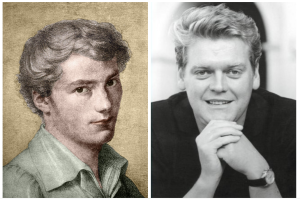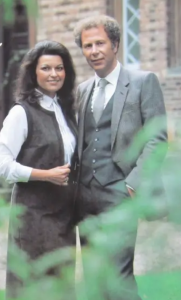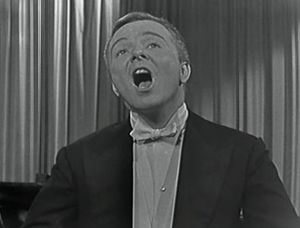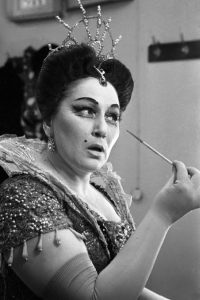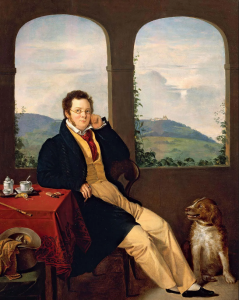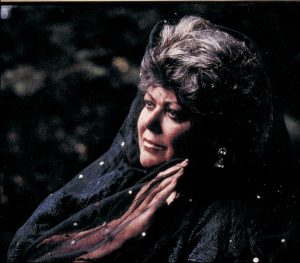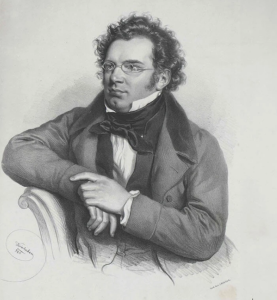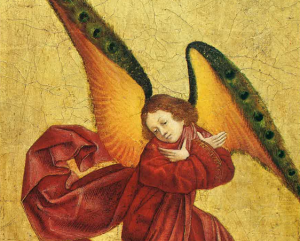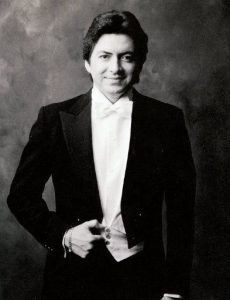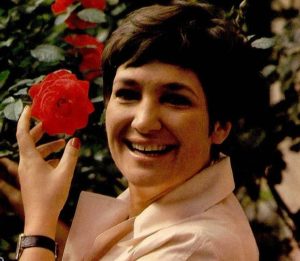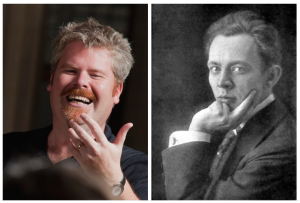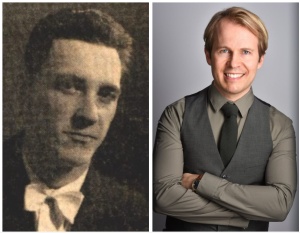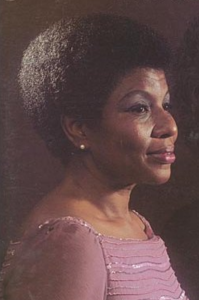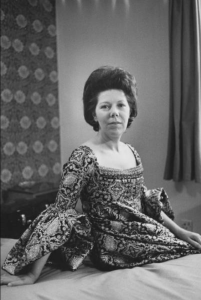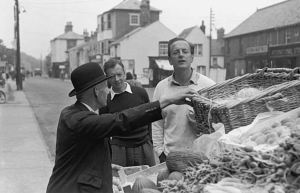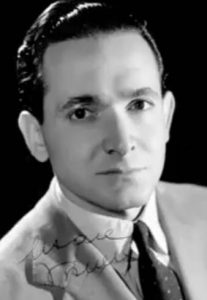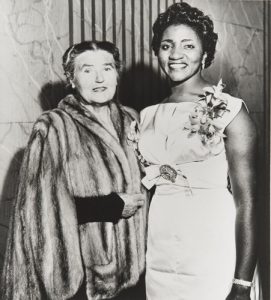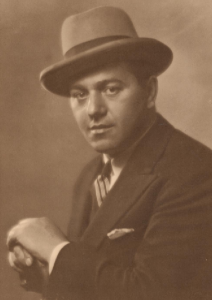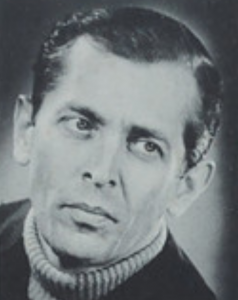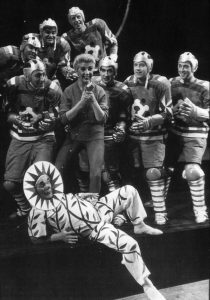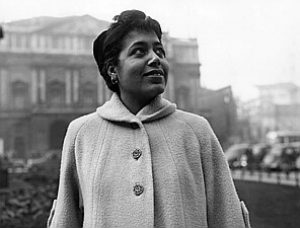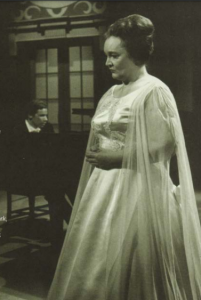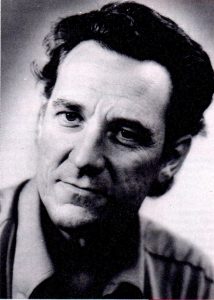Podcast: Play in new window | Download (Duration: 1:35:46 — 131.5MB) | Embed
Subscribe: Spotify | TuneIn | RSS | More
I’m sure many of you balked when you saw the title of this episode: “But Daniel: Schubert wrote no orchestral songs!” And of course you would be correct. And yet, what about when other composers orchestrate his songs? Therein lies the content of today’s episode. Historical evidence from some of Schubert’s contemporaries and closest associates indicate that he was strict in both tempo and affect in the performance of his Lieder. And yet, in the later 19th century (and beyond) many of his songs were orchestrated by such masters of orchestral color as Reger, Berlioz, Brahms, Liszt, Weingartner, and Mottl. In the twentieth century, individual songs have been orchestrated by such unexpected composers as Britten and Webern. In the late 1970s, Hermann Prey and conductor Gary Bertini made two LPs of the first recordings of these orchestrations and they make for fascinating listening, as these songs are transformed from the distinct genre of Klavierlieder to that of Orchesterlieder. These two records are supplemented by excerpts of a recording of a live performance by Hermann Prey of the world premiere of an orchestrated version of Winterreise by Japanese composer Yukikazu Suzuki. Even less than a year before his death, Prey’s connection to the music of Schubert remains palpable, and the slight vocal vulnerabilities from that performance serve only to intensify and deepen Prey’s interpretation.
Countermelody is the podcast devoted to the glory and the power of the human voice raised in song. Singer and vocal aficionado Daniel Gundlach explores great singers of the past and present focusing in particular on those who are less well-remembered today than they should be. Daniel’s lifetime in music as a professional countertenor, pianist, vocal coach, voice teacher, and author yields an exciting array of anecdotes, impressions, and “inside stories.” At Countermelody’s core is the celebration of great singers of all stripes, their instruments, and the connection they make to the words they sing. By clicking on the following link (https://linktr.ee/CountermelodyPodcast) you can find the dedicated Countermelody website which contains additional content including artist photos and episode setlists. The link will also take you to Countermelody’s Patreon page, where you can pledge your monthly or yearly support at whatever level you can afford.
